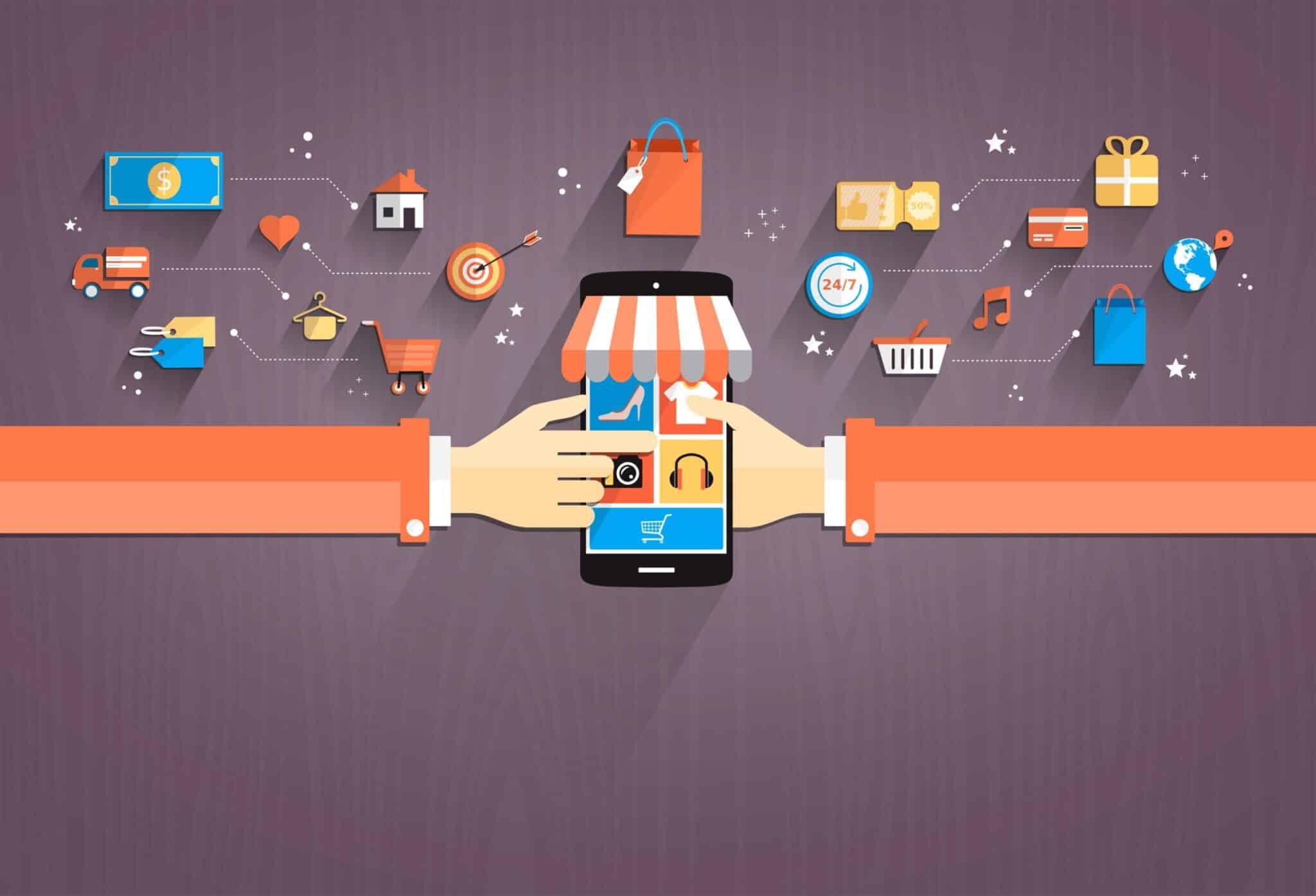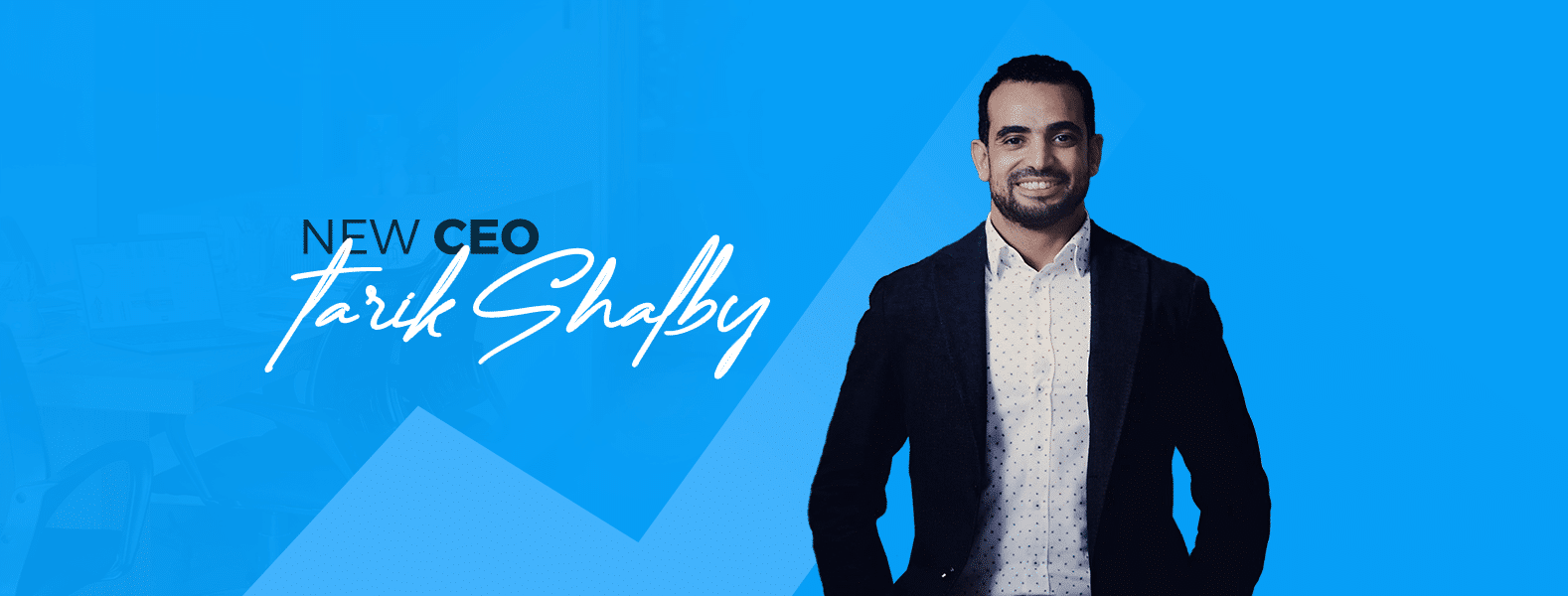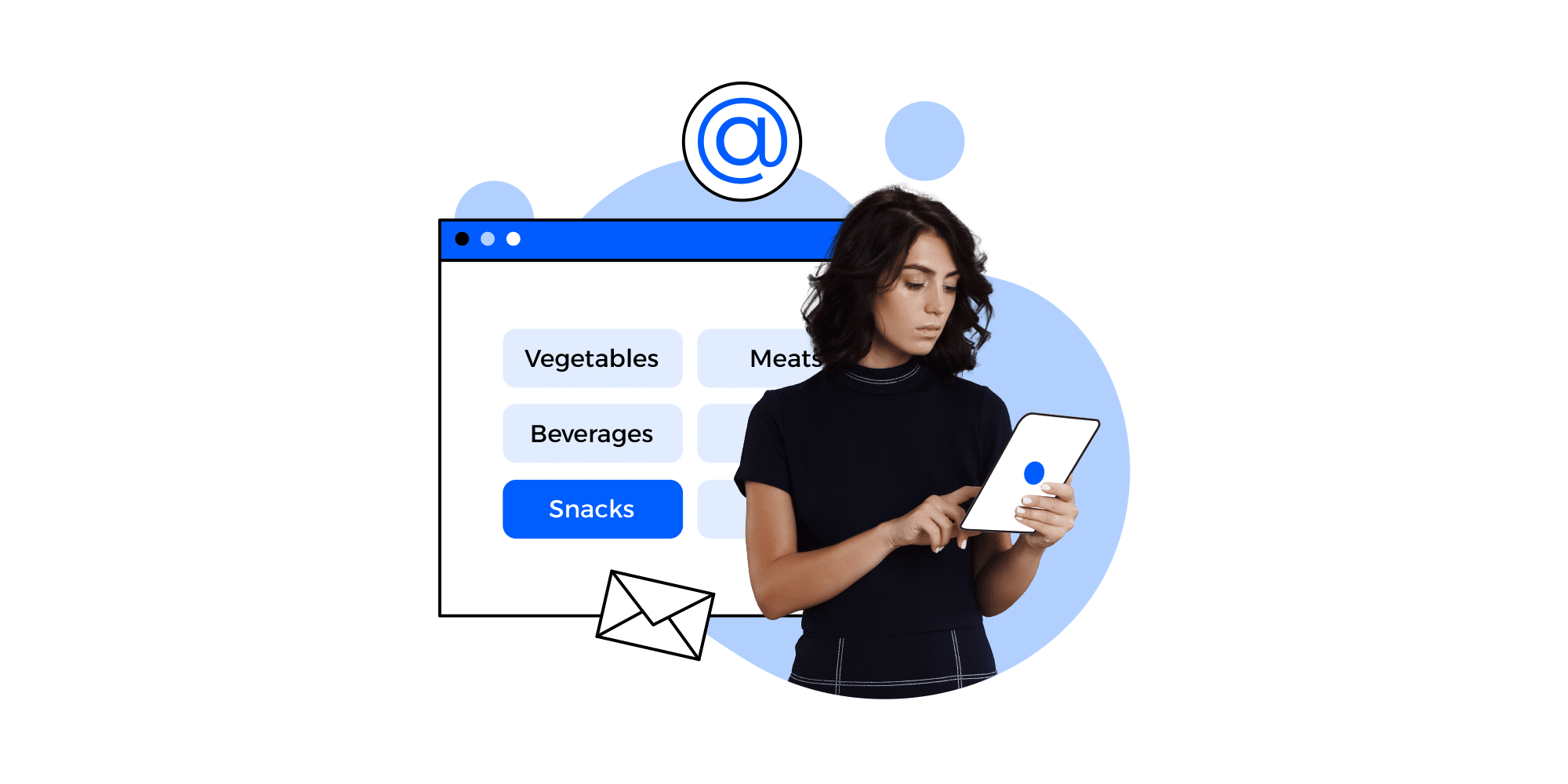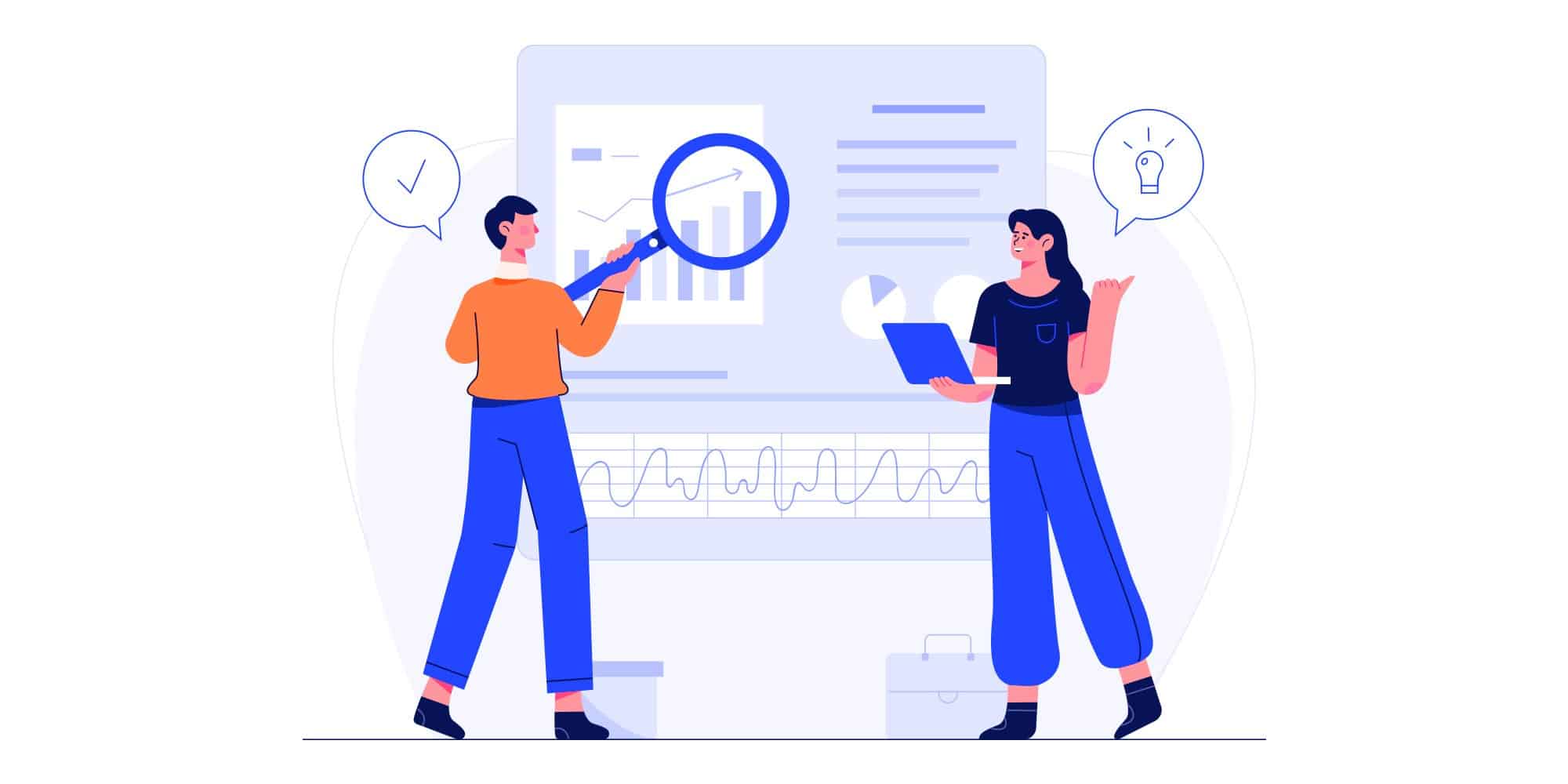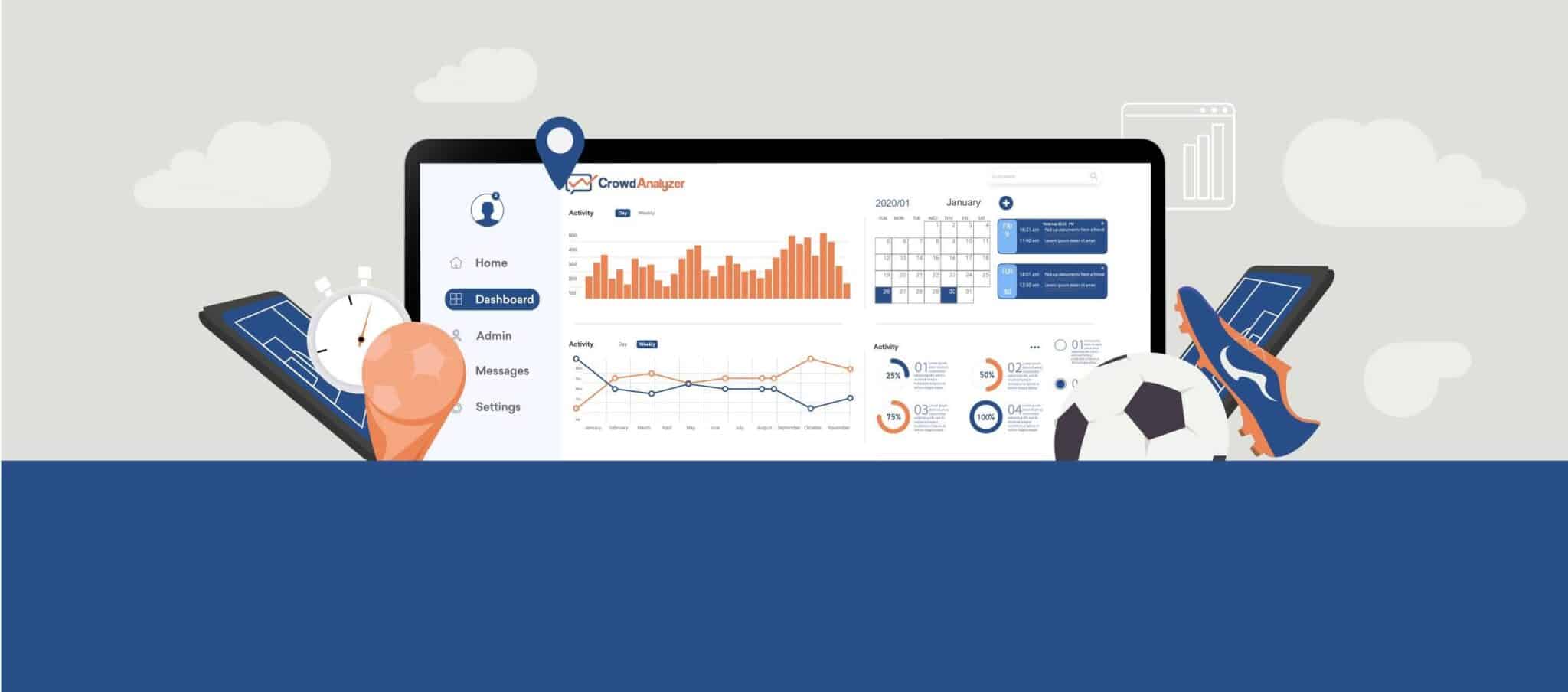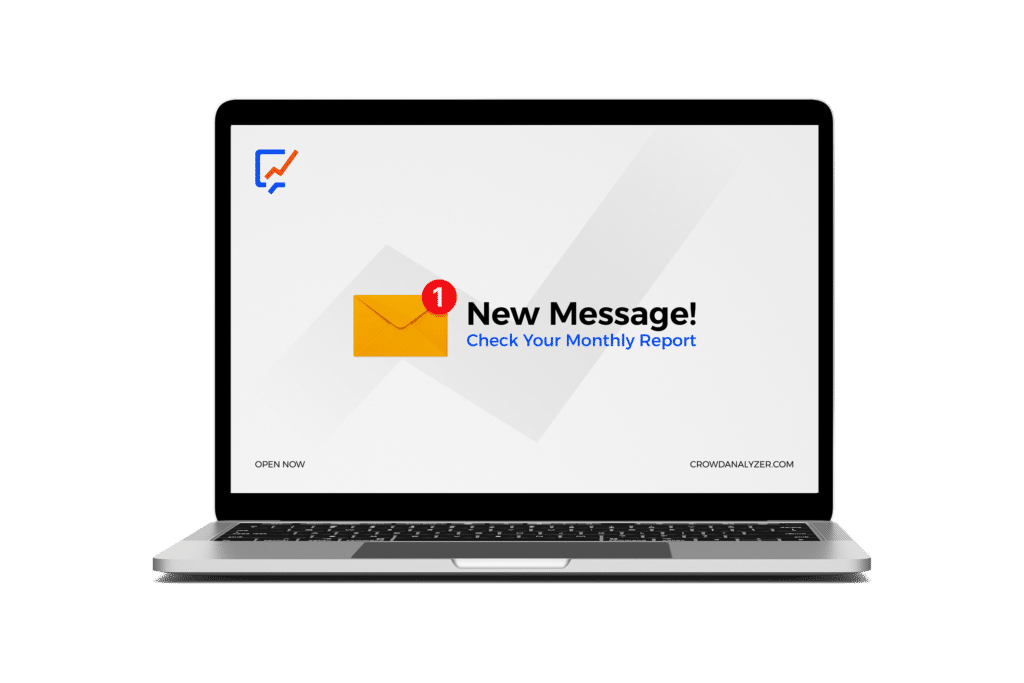Social networks always compete to gain more users by adding new features to create friendlier online experiences. Facebook is a leading example, due to the improvements it did and is doing to forge ahead Snapchat, YouTube and other networks. This time, Facebook is establishing its own online shopping experience as it released Facebook Marketplace on Monday October 3, 2016. Facebook Marketplace is a new feature that allows people to browse, buy and sell items locally.
Facebook’s recent update, which includes the newly-added “shop” icon, is available for IOS and Android systems for users over 18 years old, starting only in the US, UK, Australia, Mexico and New Zealand. Entering this new field of competition, Facebook is facing some of the most prestigious online-shopping platforms, so why doing it? And how Facebook Marketplace is going to affect the future of the platform?
To answer the first question, some experts claim that Facebook is trying to join people in every online activity they do. To do that, it creates new features, tabs or apps to optimize the platform, so it can allow people’s online activities. In the end, Facebook will achieve its goal of attracting more users. In their explanation, the experts said that it’s all part of Facebook’s unending quest to dominate the online sphere.
The question here is: can it compete with the other platforms? and How the launch of Facebook Marketplace will impact Facebook’s future as a social media platform? Since Facebook Marketplace started working only this week, and that everyone is carefully monitoring its performance, here are the top predictions of Facebook Marketplace pros and cons.
Facebook Marketplace Pros
- It’s not a new business:
People have been buying and selling on Facebook for a long time using Facebook Groups. In fact, about 450 million users visit these groups on monthly basis. According to the company’s social listening data, 25% of people who visit Facebook, do it with the purpose of trading things. So, Facebook Marketplace is facilitating this process of discovering and buying items, for all its users.
- Promotes Local Buying and Selling:
Users won’t only search for the items they want to buy, but also can easily browse items on sale within surrounding locations. Part of that, as some experts predict, encourages people to communicate and even become friends.
- Doesn’t charge for transactions:
Facebook Marketplace aims to connect sellers and buyers, as Bowen Pan, the product manager announced. This means that the service isn’t responsible for payment or delivery. So, unlike other online shopping platforms, users can make as many transactions as they want without paying extra money.
- Credibility and Trust:
Facebook Marketplace shows the name and the photo of the sellers, when it displays the details of the product. Using these information, users can examine sellers’ profiles and make sure that they aren’t scammers.
- Relevancy:
One of Facebook Marketplace main services and goals, is that it facilitates a chance for browsing, even for those who don’t have a specific thing in mind to buy. Using Facebook algorithms and users’ liked pages, the marketplace customizes the displayed items for each user. However, regardless of this feature, the marketplace also allows users to apply filters to the search and adjust results based on location, category or price.
Facebook Marketplace Cons
- Lack of two-way rating system:
Facebook Marketplace doesn’t provide an option for buyers and sellers to rate one another. So, if someone lies about the quality of what they are selling, requested higher price at the last minute, or didn’t show up for the exchange, then other buyers wouldn’t know. This, as a result, can cause a potential trust problem, or affect the feature’s credibility.
- Monitoring illegal behavior and inappropriate content:
Although Facebook Marketplace prohibited selling drugs, pharmaceuticals, marijuana and guns on it, the company relies on users to report any illegal activity as well as those who break the rules and policies. Nevertheless, according to USA Today, since the first moment Facebook Marketplace operated, people started selling everything, including items that violate the company’s policies. By the end of the first day, Mary Ku, the director of Facebook product Management, apologized stating that some technical issues prevented them from identifying the violating posts.
Unfortunately an expected outcome. Still surprised it took basically no time to pollute the #FacebookMarketplace https://t.co/KfRyb8rVHI
— Matteo Dall’Ombra (@matteodallombra) October 5, 2016
- Doesn’t take responsibility for Fraud
Facebook Marketplace doesn’t allow transactions to take place on the platform. So, there is no guarantee that the process of selling a certain item will not be a fraud. Therefore, victims of such a wrongful act would have to go to police, and present their complaint or lawsuit. It’s true that it wouldn’t be fair to involve Facebook with such cases. However, the company can enhance its methods of evaluating and accepting people’s selling offers, or at least facilitate a rating system.
Facebook Marketplace Impact on the Future of Facebook
Online shopping is not a new concept, as many platforms have been applying and serving it, including: Craigslist, E-Bay, OLX, Gumtree and others. Nevertheless, Facebook is providing the service in a uniquely different way that makes it stands out. In other words, distinct differences can be spotted between these platforms and Facebook. As a result, experts predict that if Facebook developed its service and maintained it carefully, it can make a significant change for the platform.
- Facebook Marketplace Vs. Craigslist:
To begin with, Facebook Marketplace is now being called a “friendlier Craigslist”. Moreover, since its launch on Monday, it has been compared to Craigslist the most. So, how they are both different? First of all, Craigslist doesn’t show who the buyer is dealing with. Unlike with Facebook profiles, sellers on Craigslist are anonymous, which makes it a less safe shopping experience.
Furthermore, usually, people browse Craigslist to look for a specific product or item. However, as most people spend at least 50 minutes on Facebook every day, the marketplace is only a one-tab away to start browsing. another important aspect is that Craigslist was built for a desktop browsing. This means that it depends more on text rather than visuals, when describing items. On Facebook Marketplace, the items display is more visual and mixed with few precise information. Adding the fact that it’s built for mobile, and that has relevancy-listed items, browsing on Facebook Marketplace is more engaging and attractive.
Loving Facebook Marketplace for selling our stuff before our move back to UK. So much easier and confidence-giving than Craiglist.
— Simon Turvey (@turveysp) December 17, 2016
- Facebook Marketplace Vs. eBay:
Unlike eBay, Facebook Marketplace does not ask for extra fees or takes percentages for each purchase. That’s because it doesn’t allow payments on the platform. Nevertheless, for that same reason, some people think that eBay is more secure when it comes to making transactions. Although Facebook targets local buying and selling for now, it’s expected to expand its market. That’s a doable goal with Facebook’s huge user-base, so, it can easily compete with eBay in attracting more buyers and sellers. On the other side, eBay has some features that allows rating. That build credibility and trust among users when making a transaction on the platform.
Even that Facebook Marketplace is just starting on mobile, and in four countries, it is planning to produce a desktop platform soon and to expand in other countries worldwide. Regardless of its drawbacks, online shopping platforms are closely monitoring the performance of the marketplace and people’s reactions. All of which will determine the result of this online battle.
